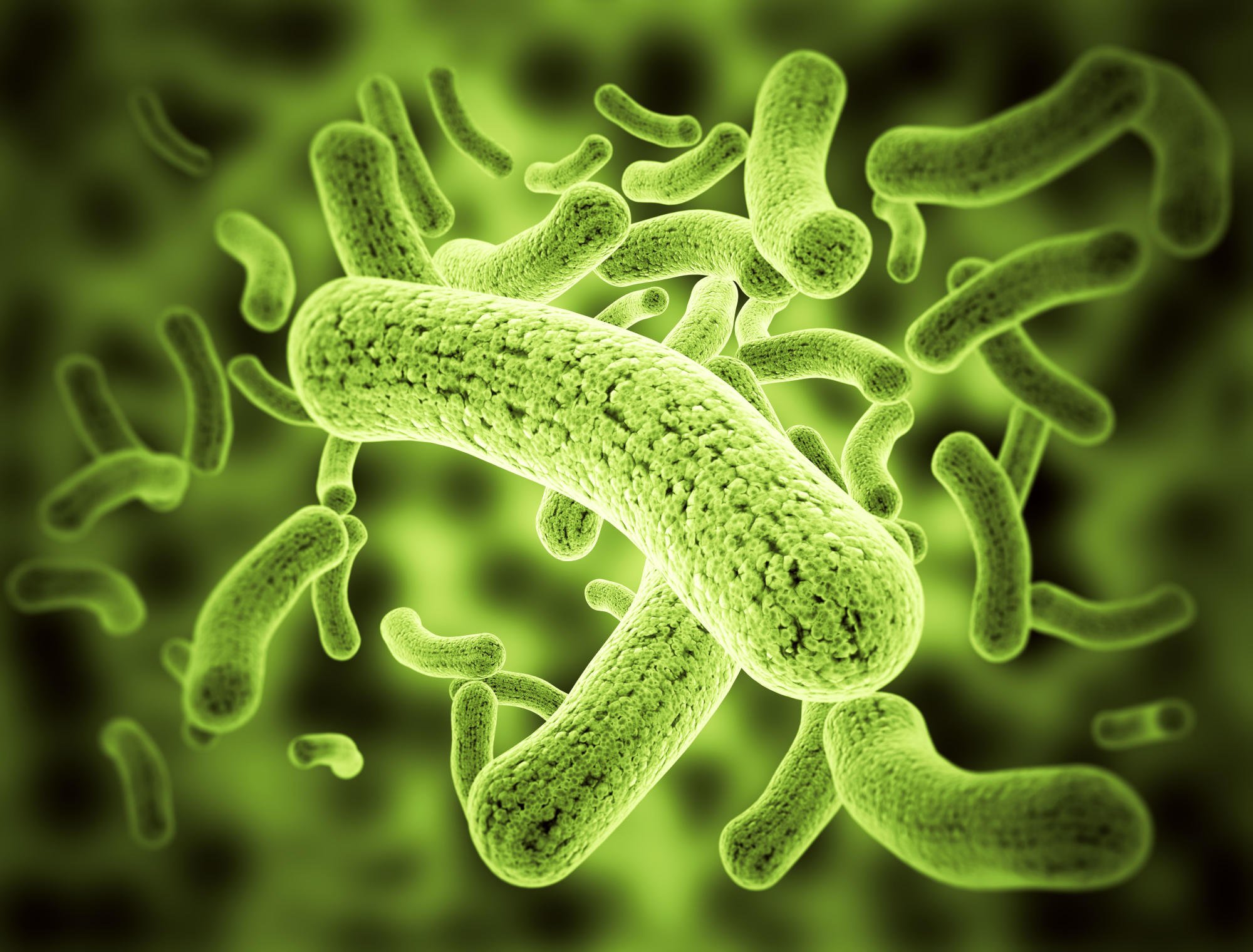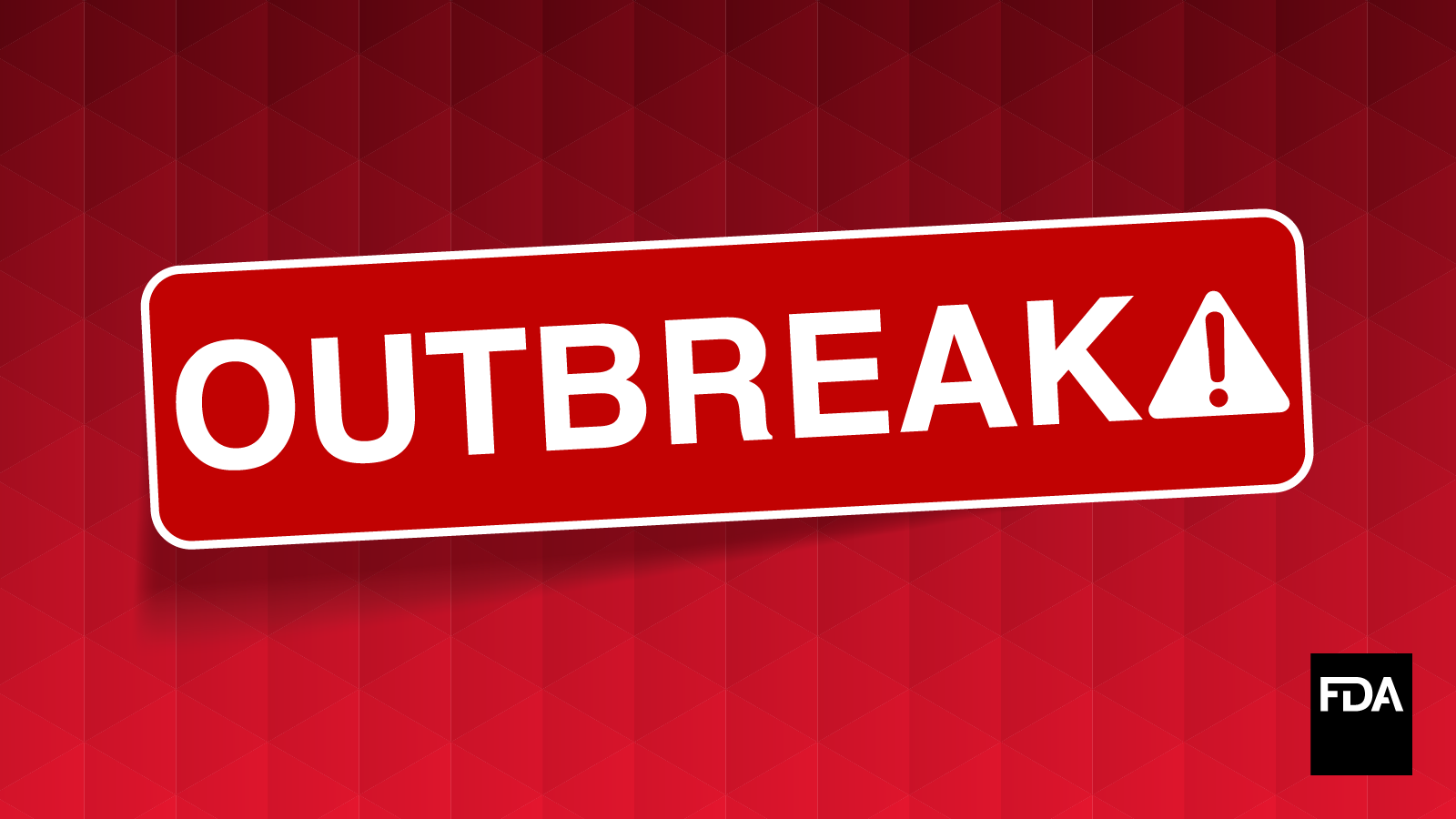CORE update as of May 3, 2023, the CORE list of outbreaks and adverse events includes 4 active cases. A new case.(ref #1152) was added to the table, preliminary information reported by Gallatin City and the Montana Department of Public Health and Human Services indicates that a food containing imported morel mushrooms consumed at a single restaurant in Montana may be the exposure of concern. This restaurant is temporarily closed. The product linked to illnesses has been updated to morel mushrooms (suspect), the case count has increased from 13 to 30 cases, and sample collection and analysis have been initiated. FDA is assisting in this investigation, but it appears to be a localized issue, and no illnesses have been identified outside of this restaurant cluster. This is an ongoing investigation, and more information will be provided as it becomes available. An outbreak of Salmonella infantis (ref # 1141) linked to General Mills Gold Medal Unbleached and Bleached All Purpose Flour. On 4/28/2023, General Mills, Inc. issued a recall. @ https://www.fda.gov/food/outbreaks-foodborne-illness/investigations-foodborne-illness-outbreaks?utm_medium=email&utm_source=govdelivery
ruth
The following is a list of outbreak and adverse event investigations primarily being managed by FDA’s CORE Response Teams.
ruth
Dr. Robert M. Califf, M.D., Commissioner of the FDA, provided a short document sharing some information on Cronobacter. The organism is found naturally in the environment. Cronobacter is harmless for most people. It can cause life threatening infections in infants, particularly those younger than two months old, premature, immunocompromised, or low birth weight. Cronobacter contamination occurs in the food facility manufacturing environment and the home. Therefore, safe preparation and storage of powdered infant formula to avoid contamination at home and in the manufacturing environment. FDA claims that it is difficult to determine whether the source of the infection is due to an infant formula product or contamination by some other means in the home. Their infections are rare, perhaps due to a lack of reporting requirements. There is no robust library of genetic data for Cronobacter that would be helpful to link clinical samples to their source definitively. Without this genomic data, it will remain difficult to determine the source of Cronobacter infections and to prevent future ones. @ https://www.fda.gov/news-events/fda-voices/demystifying-cronobacter-and-actions-fda-taking-keep-food-supply-safe?utm_medium=email&utm_source=govdelivery
We’re encouraging industry and public health partners to help us build a robust library of genetic data for Cronobacter.
ruth
Scientists from the University of Colorado Boulder published (Building a genome-based understanding of bacterial pH preferences, Ramoneda et al., SCIENCE ADVANCES, 28 Apr 2023, Vol 9, Issue 17, DOI: 10.1126/sciadv.adf8998) on machine learning approach to predict bacterial pH preference from their genome. Data on bacterial distributions from five datasets spanning pH gradients in soil and freshwater systems (1470 samples) was compiled, quantified the pH preferences of bacterial taxa. Taxonomic and phylogenetic information were generally poor predictors of bacterial pH preferences. The study identified genes consistently associated with pH preference across environments. The study then developed and validated a machine-learning model to estimate bacterial pH preferences from genomic information alone. Such a model was a poor predictor of pH preference. The research identified genes associated with pH preference across environments. The model developed and validated a machine learning model to estimate bacterial pH preferences. The model could aid in selecting microbial inoculants, improve species distribution models, or help design effective cultivation strategies. The study demonstrated the value of combining biogeographic and genomic data to deduce and predict the environmental preferences of diverse bacterial taxa. The results of this study could enhance ecological restoration, agriculture, and the development of probiotics, as well as expedite the process of bacterial culturing. @ https://scitechdaily.com/microbes-meet-machine-learning-a-phenomenal-discovery/
A machine learning approach can predict bacteria’s pH preferences from their genomes. This breakthrough could enhance ecological restoration, agriculture, and the development of probiotics, as well as expedite the process of bacterial culturing. Researchers have figured out a way to predict bacte
ruth
Based on epidemiological data collected by CDC, the FDA linked the outbreak of Salmonella infantis in flour to exposure to raw Gold Medal brand flour. To date, the outbreak caused 13 illnesses and 3 hospitalizations in 11 states (CA (1), IL (2), IA (1), MN (1), MO (1), NE (1), NJ (1), NY (1), OH (1), OR (1), TN (1), and, VA (1). Seven of eight cases reported consuming raw dough or batter. FDA’s traceback investigation identified a single production facility of the flour consumed by patients. FDA initiated an inspection at the General Mills Kansas City, MO facility and collected retained product samples. One sample was found to be positive for Salmonella, and subsequent analysis by WGS found that the Salmonella n the positive sample matched the strain of Salmonella making people sick in this outbreak. General Mills issued a voluntary nationwide recall of two-, five- and 10-pound bags of its Gold Medal Unbleached and Bleached All Purpose Flour with a “Better if Used By” date of March 27, 2024, and March 28, 2024. @ https://www.fda.gov/food/outbreaks-foodborne-illness/outbreak-investigation-salmonella-flour-april-2023?utm_medium=email&utm_source=govdelivery
Outbreak Investigation of Salmonella: Flour (April 2023)




